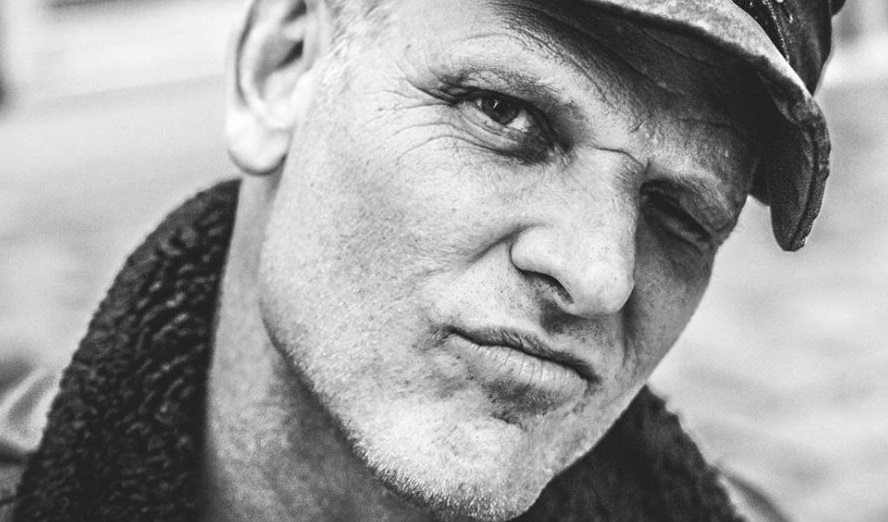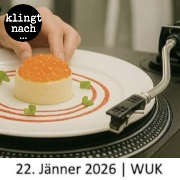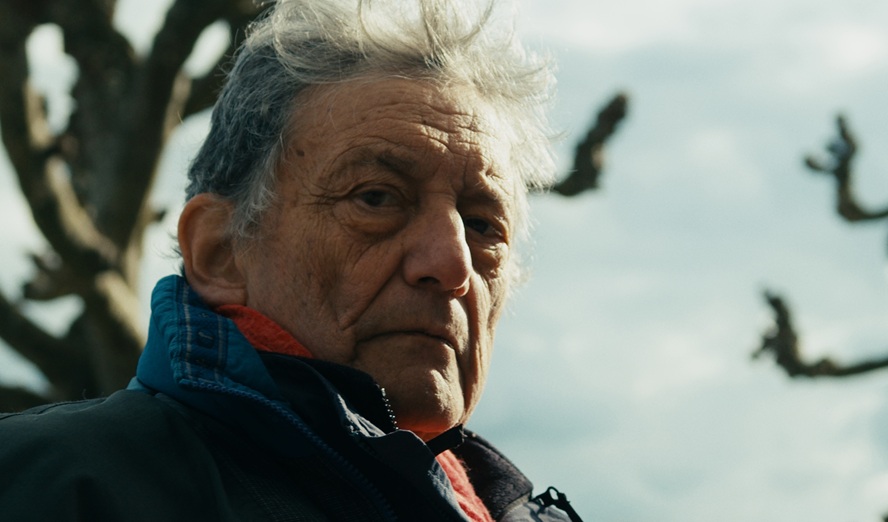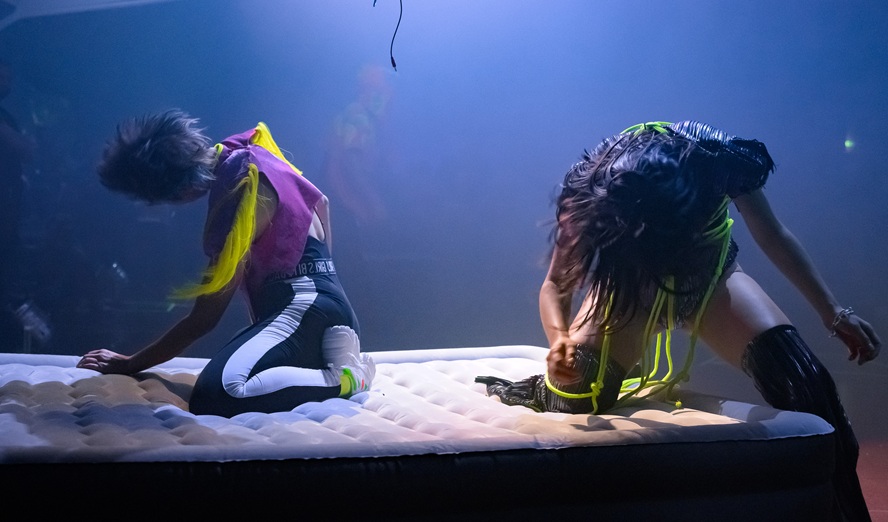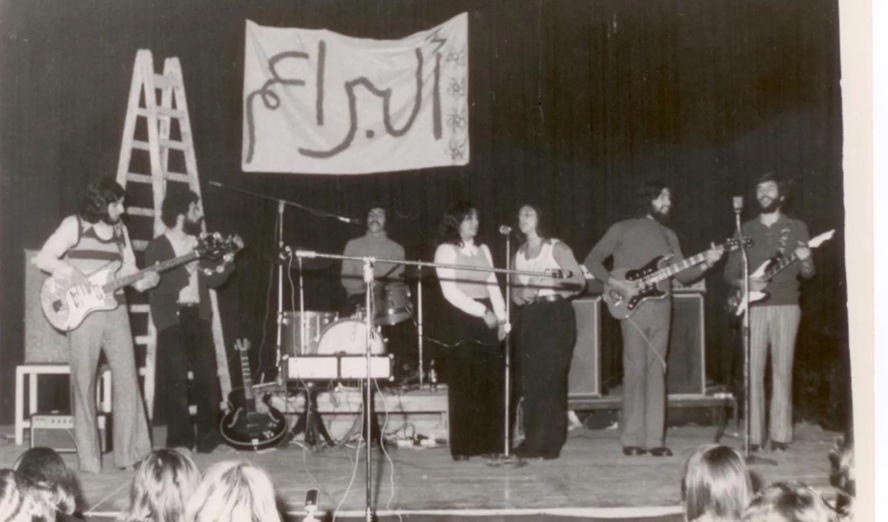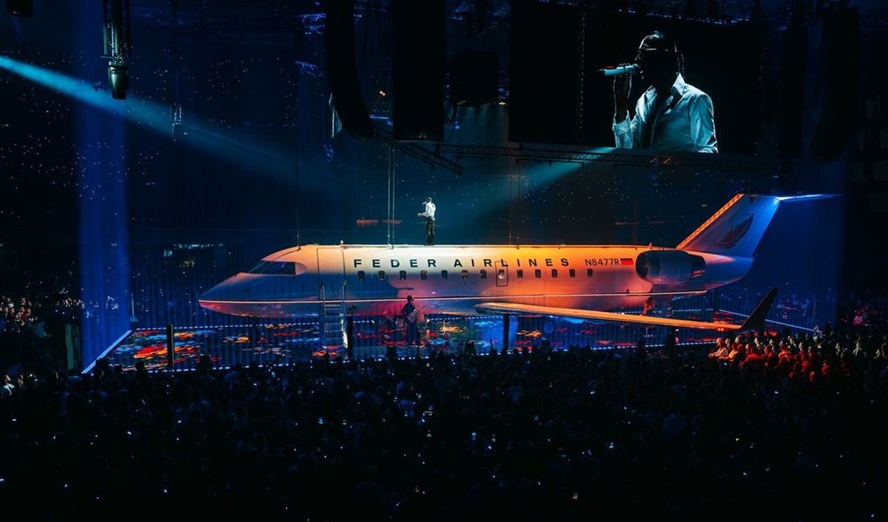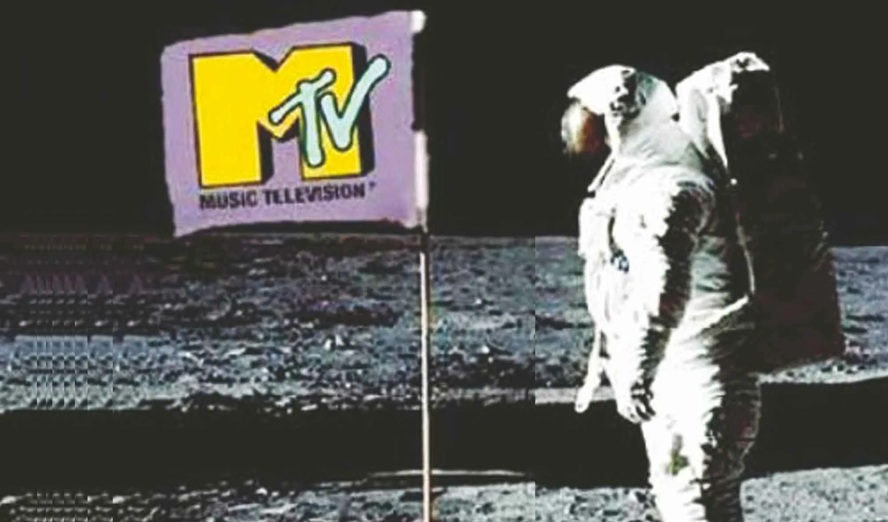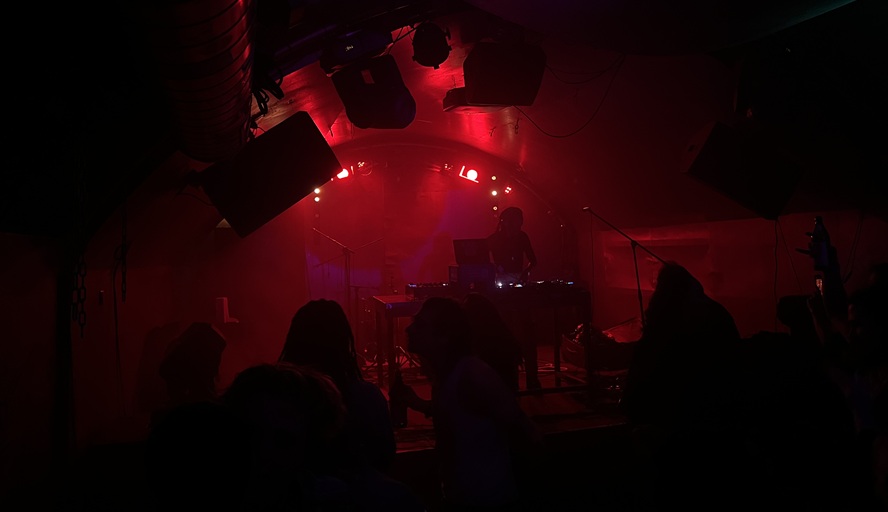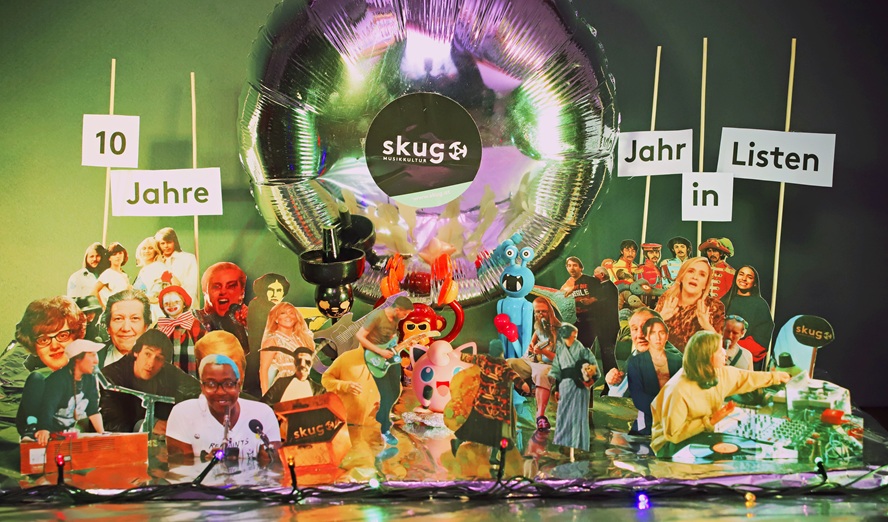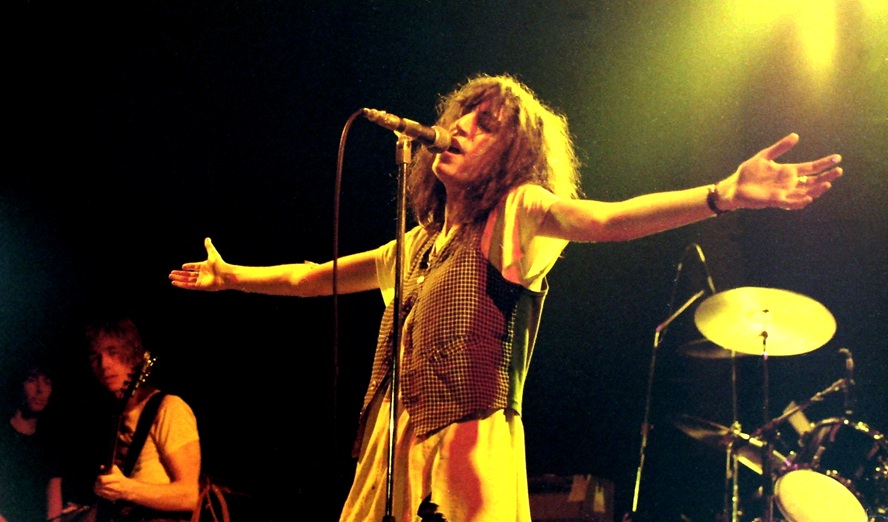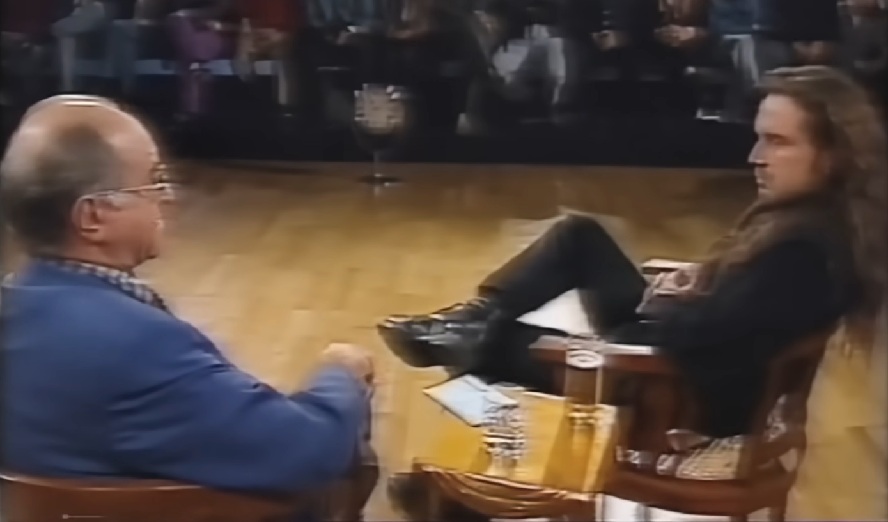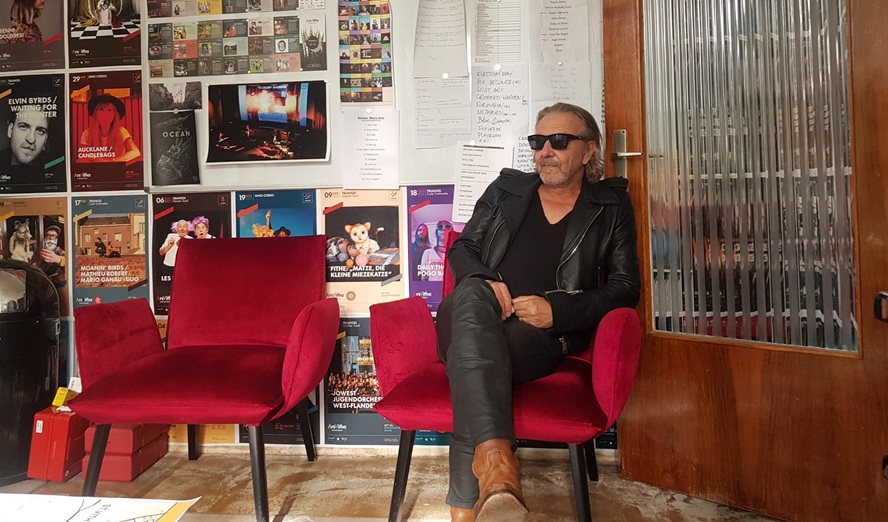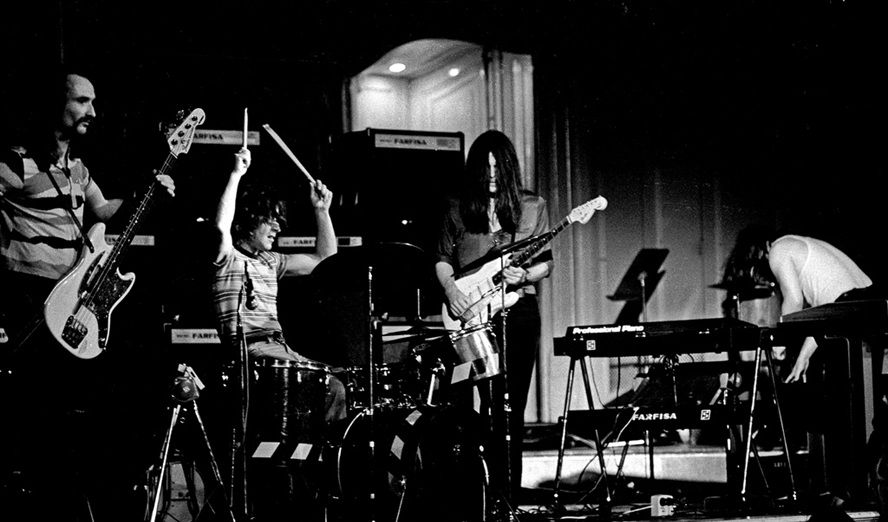As part of the Berlin-based hardcore punk band Dysnea Boys, Jason Honea has already made a name for himself in the local hardcore punk scene. But some people may have heard his music before, without even knowing it was him on the instruments: as part of the great TPK, Teenage Panzerkorps, or in one of his early projects from his time in California, Social Unrest. Honea is now living in Berlin, makes music and definitely has a lot to say.
skug: When I read your stories and follow your output on the internet, I see a very energized whizz-kid with lots of interests and his hands and focus everywhere. Where do you get your energy from?
Jason Honea: The Pacific. From having grown up in a cool time and place as well as near San Francisco, which in the 1970s was wild and terrifying… My friends and family… Beauty and fun…
What was it like being part of that scene and how did it change?
The first three years were great but then it got all metal and drum machines and all the fun weirdos left so it was time to find something else.
Why did you move to Berlin?
I lived in West Germany for a bit at the end of the 1980s and discovered what was here musically. Visited several times after that and in 2001 moved to Berlin to study. Had a relationship here and two kids as well. I love the Autumn in this part of the world.
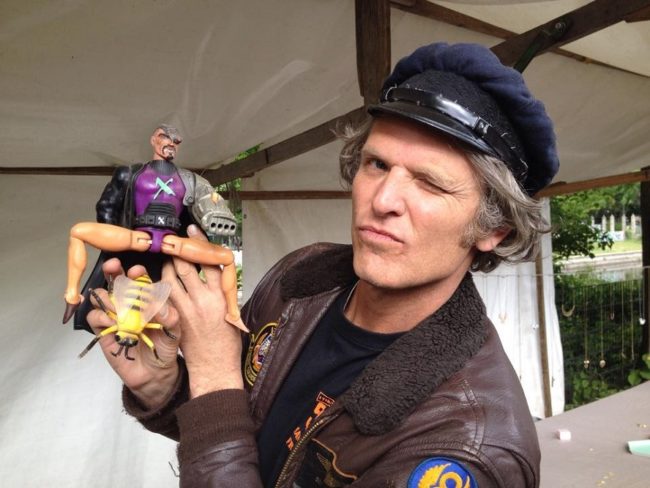
Your musical roots are in the Californian music scene of the 1980s. You did vocals in bands like Social Unrest and The Shitty Listener, bass in the great Teenage Panzerkorps and tons of other stuff. How was making music and being part of the scene back then and how is it now in comparison?
The scene then was less segregated in that you had lots of creeps out there and lots of jewel-like people all thrown together and standing shoulder to shoulder. Sometimes it took you a while to find out who was who and that’s what I always thought was perfect about punk rock. That scene was a rehearsal for reality. It’s where one would lose their innocence but also become enlightened. I guess it’s maybe the same for younger people today or anyone just starting to break out, but my feeling is that today there are more rules and standards steering things and also, let’s face it, the world has become a little smaller. I’ll say this though, it was great as a kid getting to be around people who had made music in the 1950s, 1960s and 1970s for very obvious reasons. What wasn’t great however was becoming a gear-victim and what I mean by that is having been young and inexperienced and letting some engineer experiment with developing digital technology all over your creation and make it sound way less good actually.
I asked you to choose three albums to talk about. The first one was…
Hardcore in 1988 was more or less beyond its peak. Compared to the earlier recordings of SU this one’s a little less aggressive, with »Even Fallen in Love« sounding like early Clash, a little more mainstream, and a superb one (the guitar in »I Am Nation« is a killer btw.) Why did you choose this record?
That record was a natural and organic step for us. You can already hear it coming if you listen deeper into »Before the Fall«, the album that proceeded it. The better songs on »Now and Forever« we had already written before we arrived in Europe in the summer of 1987. The other material we wrote during the winter after we returned, albeit with a new bass player, Ron Isa. In my opinion the album suffers from weird and shoddy production, something I alluded to earlier. What I as a band member and contributor was pouring into this effort though you might not have gleaned that from the lyrics and my vocal style was my growing frustration with what was beginning to happen in music then, namely metal and the growing menace and unimaginative use of drum machines. I don’t think like that about drum machines anymore though.
You even got Billy Joe Armstrong (of Green Day) as a producer. How did that happen?
That was much later and that only happened because Nicky Garratt of New Red Archives spoke to Billy via James Brogan who then had gone onto Samiam and was also on New Red Archives. Noah Landis helped a little too.
Noah Landis… it’s really interesting to see names from such different directions – hardcore punk, sludge, pop punk – connect and form a sort of network.
I sort of knew him from his Christ on Parade days.
The second record was TPK’s (Teenage Panzerkorps) »Games for Slaves«.
Even before I saw you perform at my friend’s show with Dysnea Boys, I was thrilled by the raw sound and the brutal aesthetics of Teenage Panzerkorps. Can you tell me a little bit more about your and your band’s work and interest on those German topics?
TPK evolved out of the 3 Acre Floor / Jewelled Antler approach to forming and being a band. One of us called us a fake band because we didn’t rehearse, there was never a show and we just made it up as we went along which seems natural enough and what you do anyway. The main thing was always album and song titles as well as graphics. We made the music to support it. German topics? Because of the word Panzerkorps? I made up the name and I nabbed that word simply because it was one I was constantly running into at that time. Regarding the lyrics however, well, you’d have to ask Bunk.
Your third record that you recorded with Glenn Donaldson (TPK, The Birdtree) as The Knit Separates was your most personal one in my opinion.
It’s perhaps not surprising to read the name Steven R. Smith (Hala Strana) in the credits, since its weird psych-folk sound points in that direction. The sheer beauty of the »Black West« refrains for example, and the 1980s reminiscent keys on »Day Fuel Killer w/ Dumb Dream« with its angry and soulful, always convincingly subtle vocals that evolve into a beautiful kaleidoscope of different sounds, influences, ideas, directions.
The Knit Separates is my most favorite band I’ve ever been in. The Knit Separates brought me new confidence and taught me there’s always something you can do to a song. Our approach to getting a piece together and getting it on a cassette made music brand new to me again. I met both Glenn and Steve in 1995. We were in a band called Alger Hiss featuring Mark Williams and Brian Lucas too. When the Knit Separates started Steve opted to focus more on his solo stuff, some of which I put out on 3 Acre Floor. He did however contribute some songs and played live with us as well on one or two occasions. If you like the Knit Separates, then check out the »Dream No Evil« collection that Brave Mysteries put out a couple of years ago. There’s material on there that never got released which was too bad back then as we had two if not three whole other albums that never saw the light of day.
I was a little surprised you didn’t choose one of your very recent projects, the band Dysnea Boys. When did you form and how did you guys meet?
We formed five or so years ago here in Berlin. I met Chad Cornies at a party above Schockoladen. At that point I’d been mostly busy with more performance-oriented stuff and was feeling a need to get in a loud band again. He introduced me to Chris and Tom… and it blossomed from there.
Last but not least: What’s going to be next?
There’s a ton of stuff in the works. Glenn and I just had a limited to thirty copies lathe cut 7” come out on Fuck Yoga. We go by our TPK monikers and in some respect, you can certainly hear TPK in it. The Upside Down Flames is the name. Also, The Walking Korpses have an album pending, supposed to be out in a couple of weeks, and Dysnea Boys want to finally do some home recording, which I think and hope will do wonders. And it’s high time The Shitty Listener did some stuff as well.
